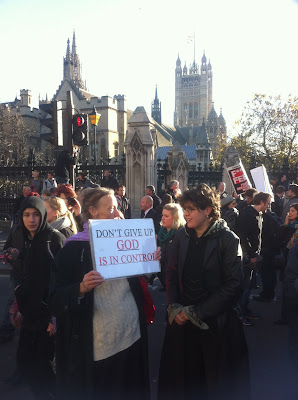Book Destruction: Call For Papers (deadline: January 10)
 A Conference at Senate House, University of London, 16 April 2011
A Conference at Senate House, University of London, 16 April 2011Much attention has been given in recent years to the book as a material, historical object and its possible technological obsolescence in the era of digitization. Such reflections have tended to concentrate on the production and cultural circulation of books, their significance and their power to shape knowledge and subjectivities. But there is another aspect to our interactions with the book which remains relatively unexplored: the history of book destruction. In certain circumstances books are treated not with reverence but instead with violence or disregard. This conference invites reflections on this alternative history of the book, and we welcome papers from a range of historical periods and disciplinary backgrounds. We welcome proposals from postgraduate students, as well as from more established academics.
Why do people destroy books? What are the mechanics of book destruction: the burning, pulping, defacing, tearing, drowning, cutting, burying, eating? What are the cultural meanings that have been attached to book destruction, and what do they reveal about our investments in this over-familiar object? Why should the burning of books have such symbolic potency? Book destruction is often invoked as a symbol of oppressive, despotic regimes; what is our ethical position, now, in relation to such acts? What is the relationship between book destruction and other forms of cutting up (quotation; collage)? When do acts of destruction become moments of creativity? How does destruction relate to recycling and reuse? Do transitions in media (manuscript to print; print to digital) threaten those older forms? How might the current phase of digitization and the gradual disappearance of library stock relate to prior moments of destruction? In the internet age, is it still possible to destroy (that is, completely erase) a text? What does materiality mean in a digital age?
Please send 300-word proposals (for a 20 minute paper) and a brief CV, to
Dr Gill Partington (g.partington@bbk.ac.uk) and
Dr Adam Smyth (adam.smyth@bbk.ac.uk),
by 10 January 2011.










